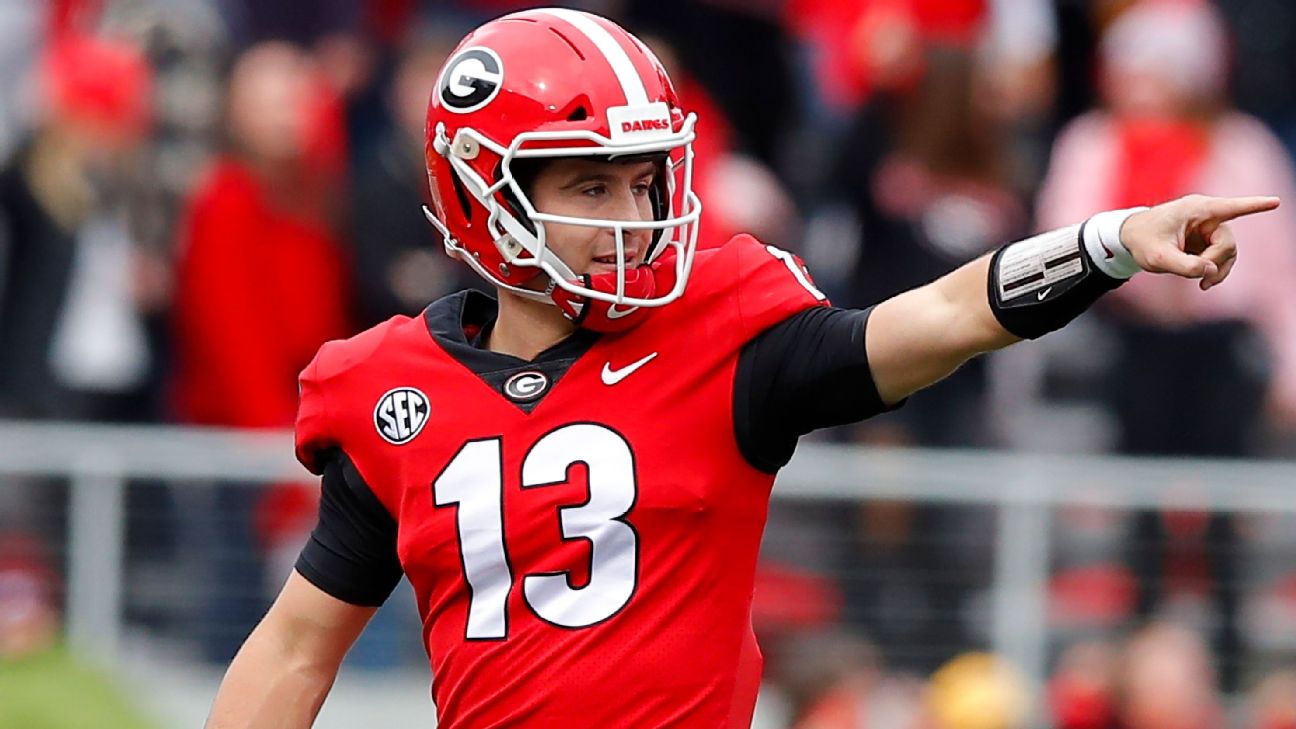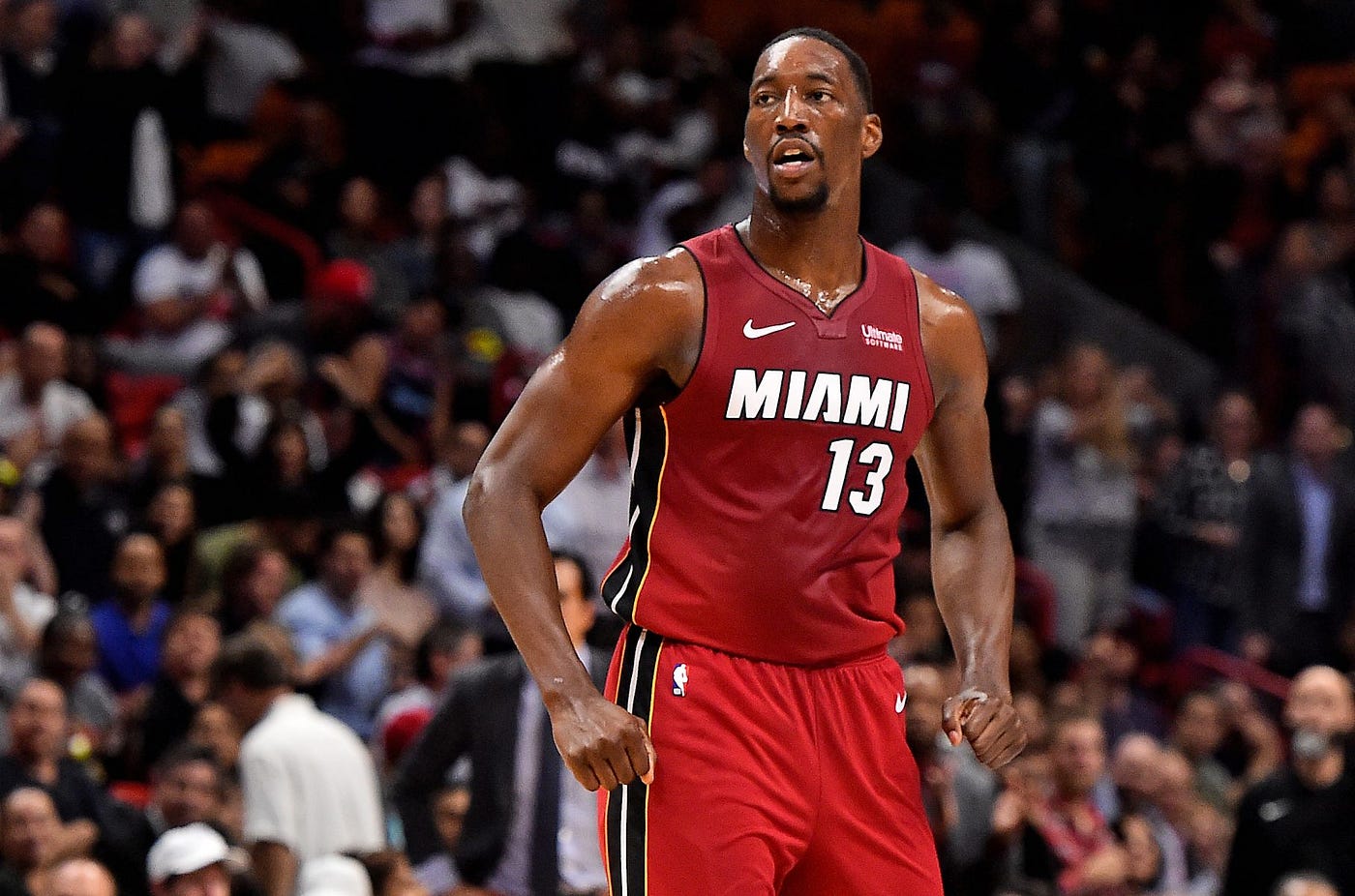Format & Setup Refresher
-
MLB continues with the 12-team postseason format: 3 division winners + 3 wild cards per league.
-
The top two division winners in each league get a bye (skip the Wild Card Round).
-
The Wild Card Round is best-of-3, with the higher seed hosting all games.
-
The matchups are fixed (i.e. no reseeding), so the bracket path matters.
Because of how the standings shook out, many of the first-round series have interesting flavor and tactical angles. Let’s run through matchups and what makes each one compelling.
American League Wild Card Series
(3) Cleveland Guardians vs (6) Detroit Tigers
-
Seeding & context: Cleveland won the AL Central and enters as the #3 seed, while Detroit secured a wild card spot as the 6th seed.
-
Regular season edge: Cleveland took the season series, 8–5.
-
Storylines & keys:
-
Cleveland’s late surge — The Guardians executed one of the bigger comebacks in the division during the season.
-
Detroit’s resilience — The Tigers had to claw their way into the postseason; they’ll lean on home-field (albeit minimal, as all games are in Cleveland) and any bullpen depth they can muster.
-
Pitching matchups matter — In a short series, one strong start can tilt everything. If Detroit’s rotation (or bullpen arms) can step up, they might force Game 3.
-
Experience vs momentum — Cleveland has been in the postseason more recently; Detroit brings an underdog energy.
-
This is a rematch of last year’s ALDS (won by Cleveland) and presents Detroit a chance for revenge in a shorter format.
(4) New York Yankees vs (5) Boston Red Sox
-
Seeding & context: The Yankees grabbed the top wild card (4 seed), while Boston slips in as the 5.
-
Regular season edge: While Boston actually won the season series 9–4 vs. NYY.
-
Storylines & keys:
-
Rivalry heat — Yankees vs Red Sox is never just about baseball. Tension, familiarity, and psychological edges will factor heavily.
-
Injury watch — Boston will need full rosters; any absence could swing outcomes in a best-of-3.
-
Bullpen depth — In a short series, the strength and usage of relievers can make or break a game.
-
Momentum or pressure? — The Yankees are under a bit more expectation; Boston can play looser.
-
Because the Yankees didn’t dominate the head-to-head, this won’t be an easy path. Boston’s confidence from that season series could be dangerous.
National League Wild Card Series
(3) Los Angeles Dodgers vs (6) Cincinnati Reds
-
Seeding & context: Even though the Dodgers usually avoid this round, this year they enter as the 3 seed.
-
Regular season edge: LA won the season series convincingly, 5–1.
-
Storylines & keys:
-
Dodgers under pressure — They’re in the Wild Card for the first time in many years; they’ll want to assert dominance early.
-
Reds’ long drought & hunger — Cincinnati hasn’t had much recent postseason success; this is their shot.
-
One bad day spells doom — In a best-of-3, there’s zero room for error.
-
Legacy & expectations — For LA, the expectation is deep run; for Cincinnati, it’s more about making noise.
-
Because LA has the superior record and head-to-head dominance, they come in as clear favorites. But Reds need just two wins, and the underdog role can be freeing.
(4) Chicago Cubs vs (5) San Diego Padres
-
Seeding & context: Cubs clinched a postseason berth; Padres squeaked in via a walk-off win late in the season.
-
Regular season edge: Their regular season split was 3–3.
-
Storylines & keys:
-
No clear favorite — The split series makes this matchup feel balanced and volatile.
-
X-factors & depth — Depth in the bullpen, clutch hitters, and matchup flexibility could decide it.
-
Padres’ late push — San Diego enters with momentum from clinching late; that momentum can carry into October.
-
Cubs’ consistency — Chicago is being viewed by some insiders as a “dark horse” — they don’t have glaring weaknesses.
-
Home environment — Cubs host, and Wrigley Field can be a tough place for visitors in October.
-
Because both have something to prove, this might be the most unpredictable Wild Card series.
General Themes & Overarching Questions
-
Parity & no runaway favorites — In 2025, no team is clearly dominant; the spread from top to bottom in the postseason isn’t huge.
-
Bullpen depth is paramount — In short series, relievers and matchups matter more than in long ones.
-
Momentum vs rest — Some wild card teams come in red hot; division winners with byes will be well rested but may risk rust.
-
Matchup-specific planning will be key — Managers will need to deploy their arms and hitters very strategically, especially in Game 3s.






